Transgender weightlifter looks ahead to Commonwealth Games, despite fierce opposition
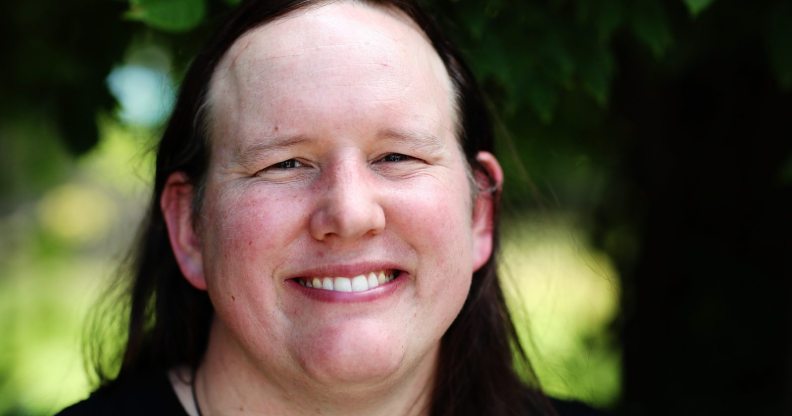
(Getty)
Transgender weightlifter Laurel Hubbard is set to compete in the Commonwealth Games – despite Australia and Samoa’s forceful objections.
Hubbard, 40, was named to the New Zealand women’s weightlifting team in November, sparking backlash within the sport.
The athlete, who is the top-ranked female weightlifter in the world, is set to become the first trans sportsperson to represent her country during her event on Monday.
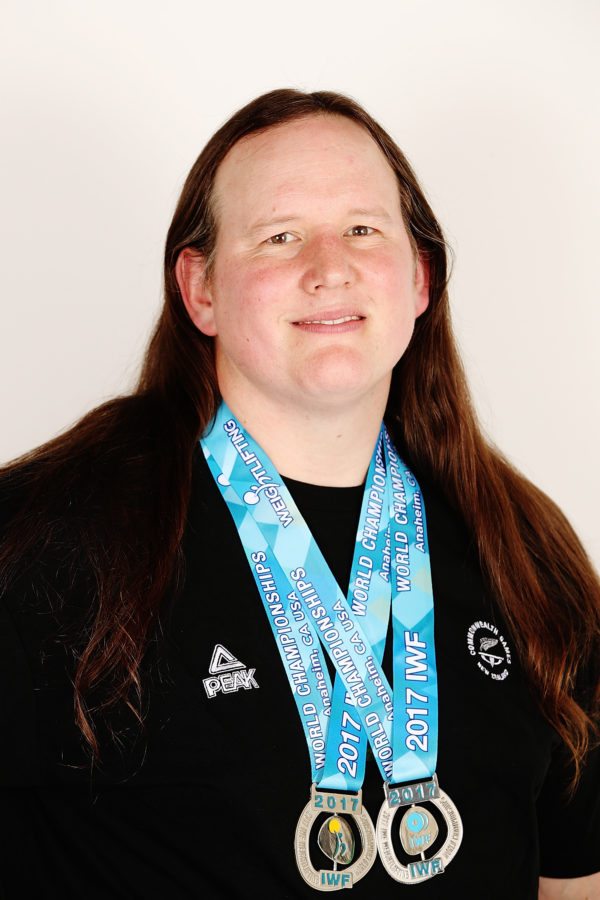
(Getty)
But she has been forced to endure repeated attempts to stop her from competing.
Earlier this year, the Australian Weightlifting Federation failed in a formal application to block Hubbard from the Games.
In order to compete, Hubbard has had to prove that her testosterone levels meet strict criteria – and her last tests indicated that she has less testosterone than a cis female.
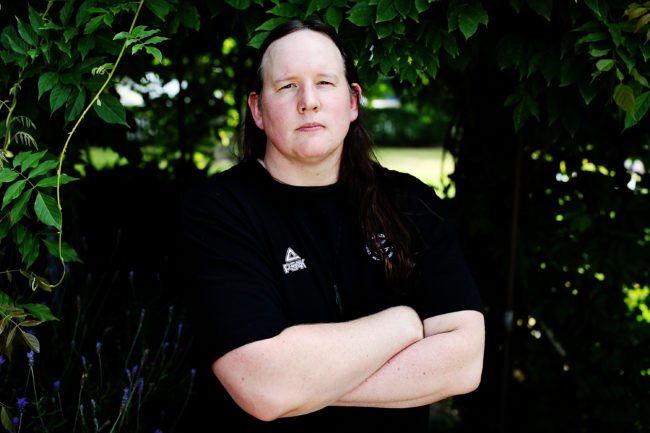
(Hannah Peters/Getty Images)
Nevertheless, Australian Weightlifting Federation chief executive Mike Keelan wrote that “it is our strong view that weightlifting has always been a gender-specific sport, male and female, not a competition among individuals of various levels of testosterone.
“In our respectful view, the current criteria and its application has the potential to devalue women’s weightlifting and discourage female-born athletes from pursuing the sport at an elite level in the future,” he added.
The Commonwealth Games Federation rebutted the anti-trans claims of Keelan and his federation, saying that “there is no moral, ethical or legal basis to prevent transgender athletes from pursuing their sporting ambitions.”
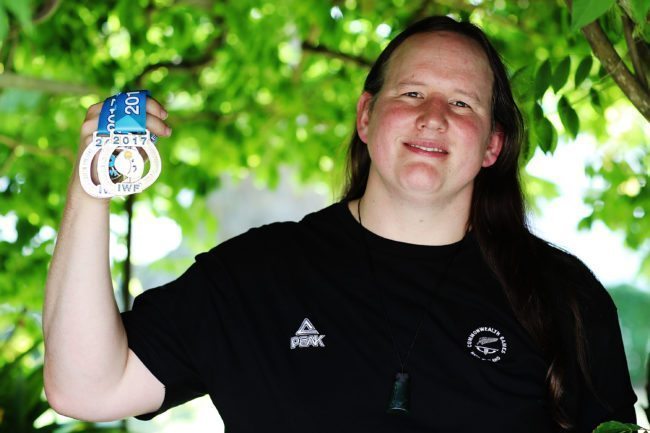
(Hannah Peters/Getty Images)
And Samoa Weightlifting Federation president and national coach Jerry Wallwork told Radio New Zealand that Hubbard should not be in the women’s category.
Wallwork’s team includes weightlifter Feagaiga Stowers, whose chances he said had been affected by Hubbard’s participation.
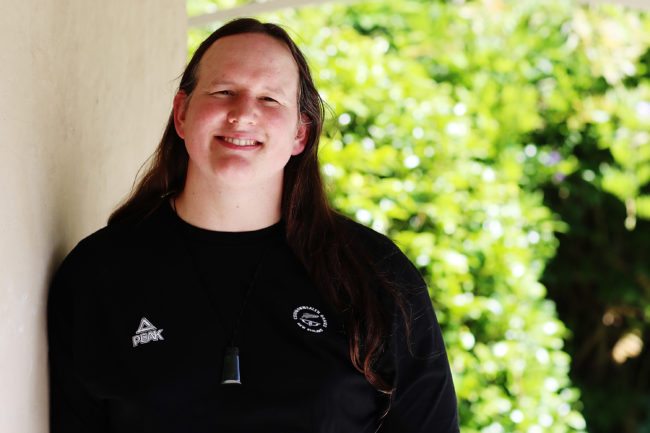
(Hannah Peters/Getty Images)Wallwork said Stowers was “a little bit disheartened; she had a real chance of competing for a gold medal but now it’s a bit of an unfair disadvantage as you can see.
“I still am against it because I think it’s unfair and I just hope that all this happening over there… is not going to affect the other athletes from competing at the Commonwealth Games and the spirit of the Commonwealth Games.”
Hubbard said that “it’s not my role or my goal to change people’s minds.”
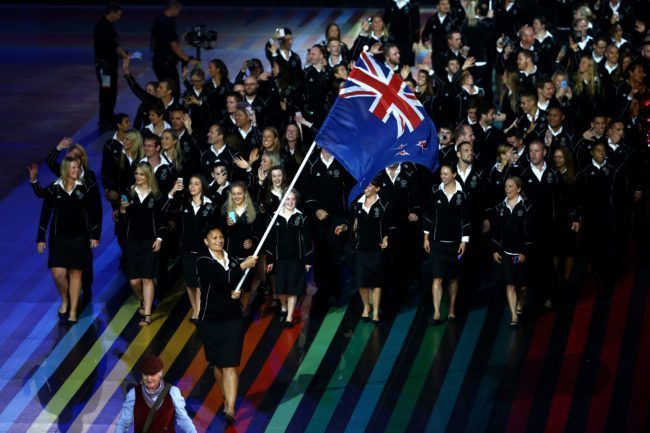
(Richard Heathcote/Getty Images)
“People will think, they will feel and will believe what is right for them,” she added.
“I’m not here to change the world, I’m just here to be myself.
“I would hope they would support me, but it’s not for me to make them do so.”

New Zealand Prime Minister Jacinda Arden at Pride 2018 (Getty)
Hubbard added that she was “not a robot” and the criticism had affected her, but that she thought society had still become more accepting of transgender people.
“I think 10 years ago people weren’t ready for an athlete like myself, and perhaps some aren’t ready now,” she said.
“Not everyone supports me, not everyone accepts me but there are people out there that do, that’s been great.
“I had to wait until the world changed and I’m glad it did.”

